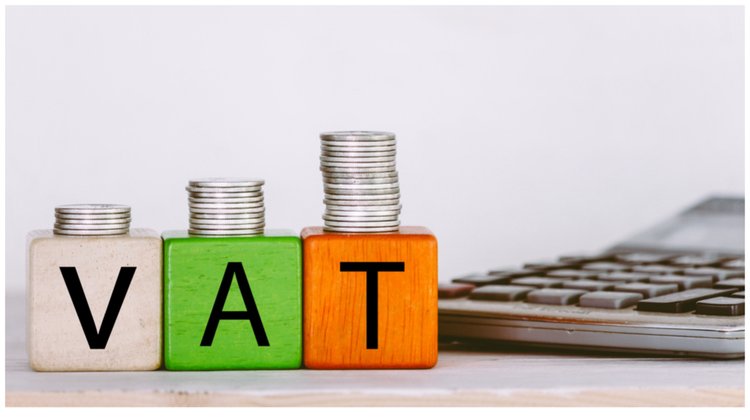Government will announce VAT reductions on essentials in coming days
08:21 - 20 April 2023

Finance Minister Makis Keravnos said his Ministry was considering reducing VAT on essential products as a measure to deal with high prices and offer relief to the vulnerable groups who are being battered by soaring inflation.
In statements after a meeting at the Presidential Palace, Keravnos said a new European Commission directive allows member states to reduce VAT rates in specific categories of products up to 0%.
"At the moment we are looking at these product categories and the 0% will concern basic, everyday products, such as milk, baby food, diapers, etc.,” he explained. “Within the next few days there will be a final position and the relevant announcements. All these issues fall into the Government's policy to deal with high prices", concluded the Minister.
Asked about the level of reduced VAT rates, Keravnos said that there are different categories, some of which can be reduced up to 5%, some up to 0%, and added that the Ministry is examining these issues so that it can formulate the new VAT categorisation for specific products.
Asked whether the EU directive gives some flexibility on the number of different rates, Keravnos said that the new directive provides a degree of flexibility to member states in terms of varying VAT rates.

